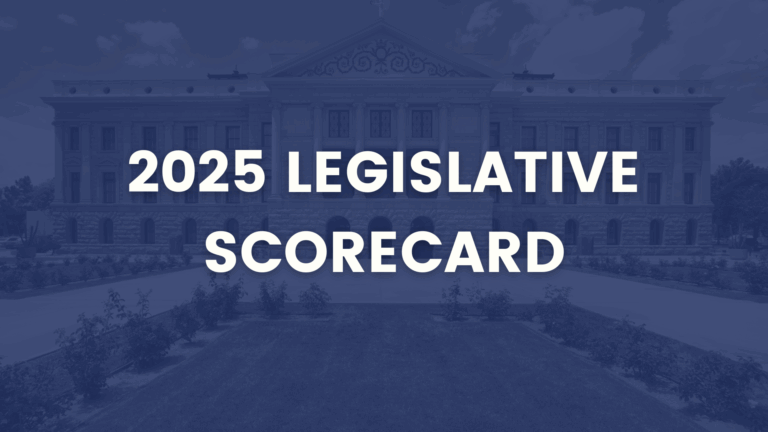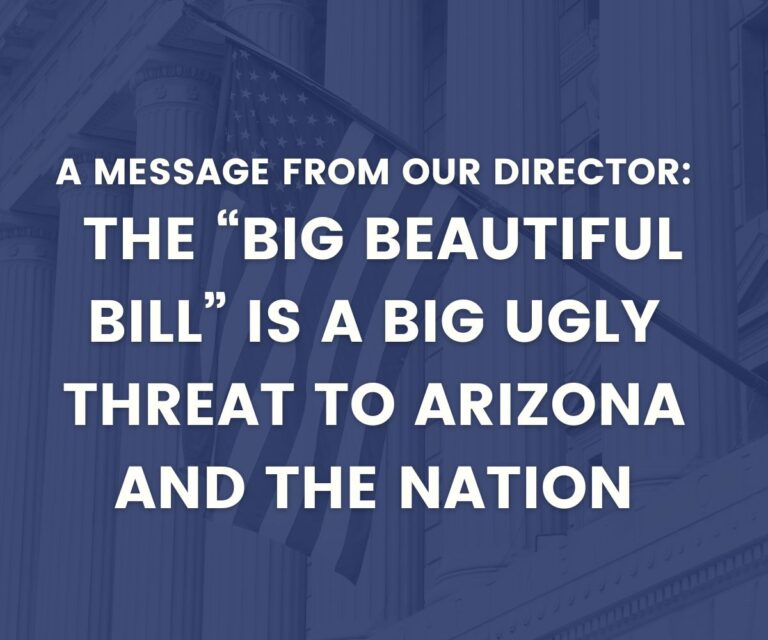
Kansas Tax Cuts Failed to Spur Jobs and Economic Growth
Kansas Governor Sam Brownback was elected in 2010. Soon thereafter he launched a “pro-growth tax policy” of dramatic cuts for business and high-earning individuals in 2012 that he promised would be a “shot of adrenaline into the heart of the Kansas economy” that would create thousands of jobs and boost funding for schools and local governments. Now more than four years into this failed experiment, Arizona would be wise to learn from bad economic policies in Kansas. Rather than creating a booming state economy with surging state revenues, Kansas is facing anemic job growth, historic budget deficits, drastic cuts to public education and other state priorities. Lawmakers who supported the tax cuts have found that the Kansas model is not only bad policy, it is bad politics. Based on his plummeting approval ratings, Governor Brownback was declared the “most unpopular governor in America” in 2016 and 11 conservative lawmakers aligned with Governor Brownback were defeated in the 2016 primary in an election that was seen as a referendum on the tax policies.



